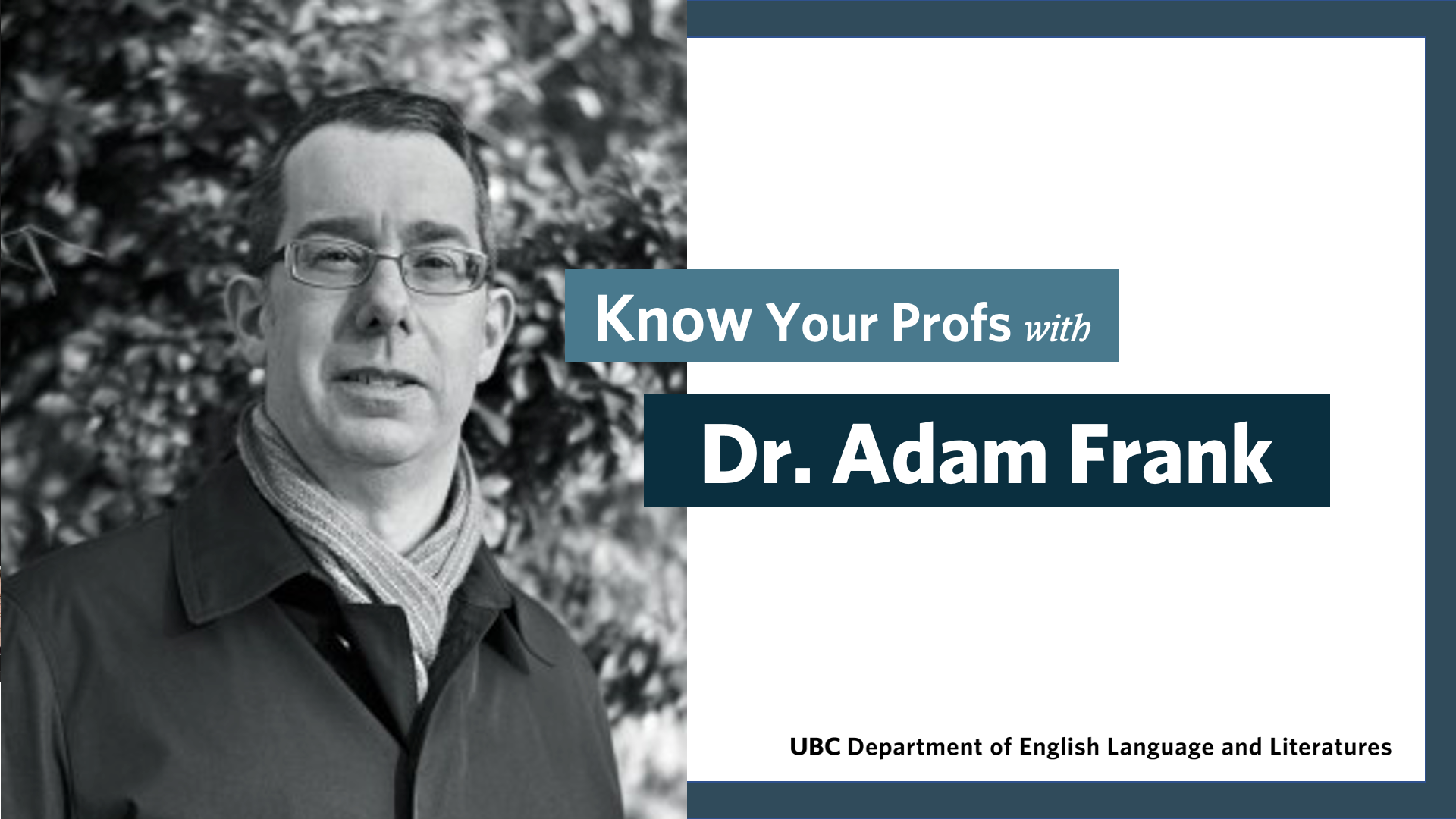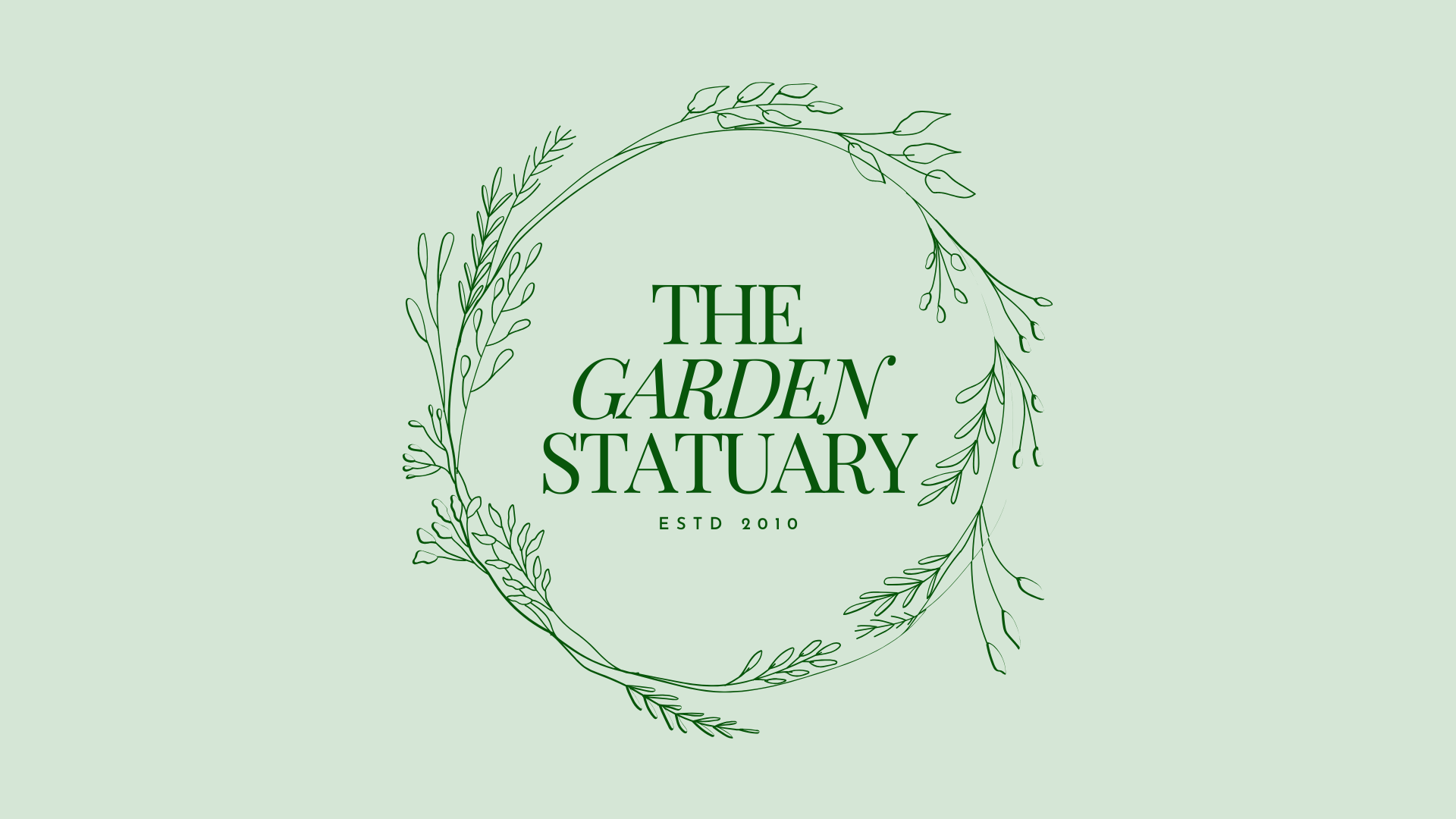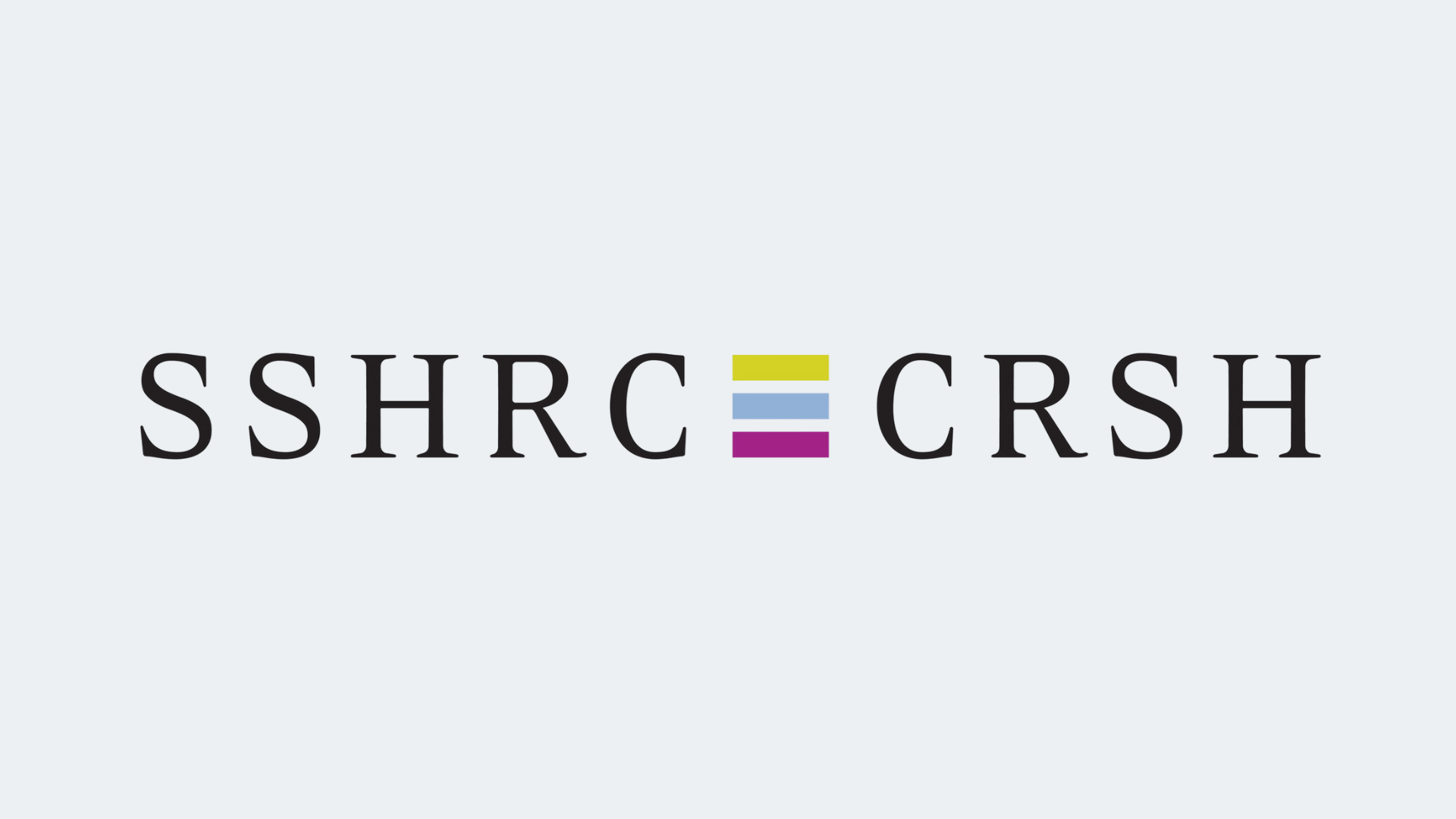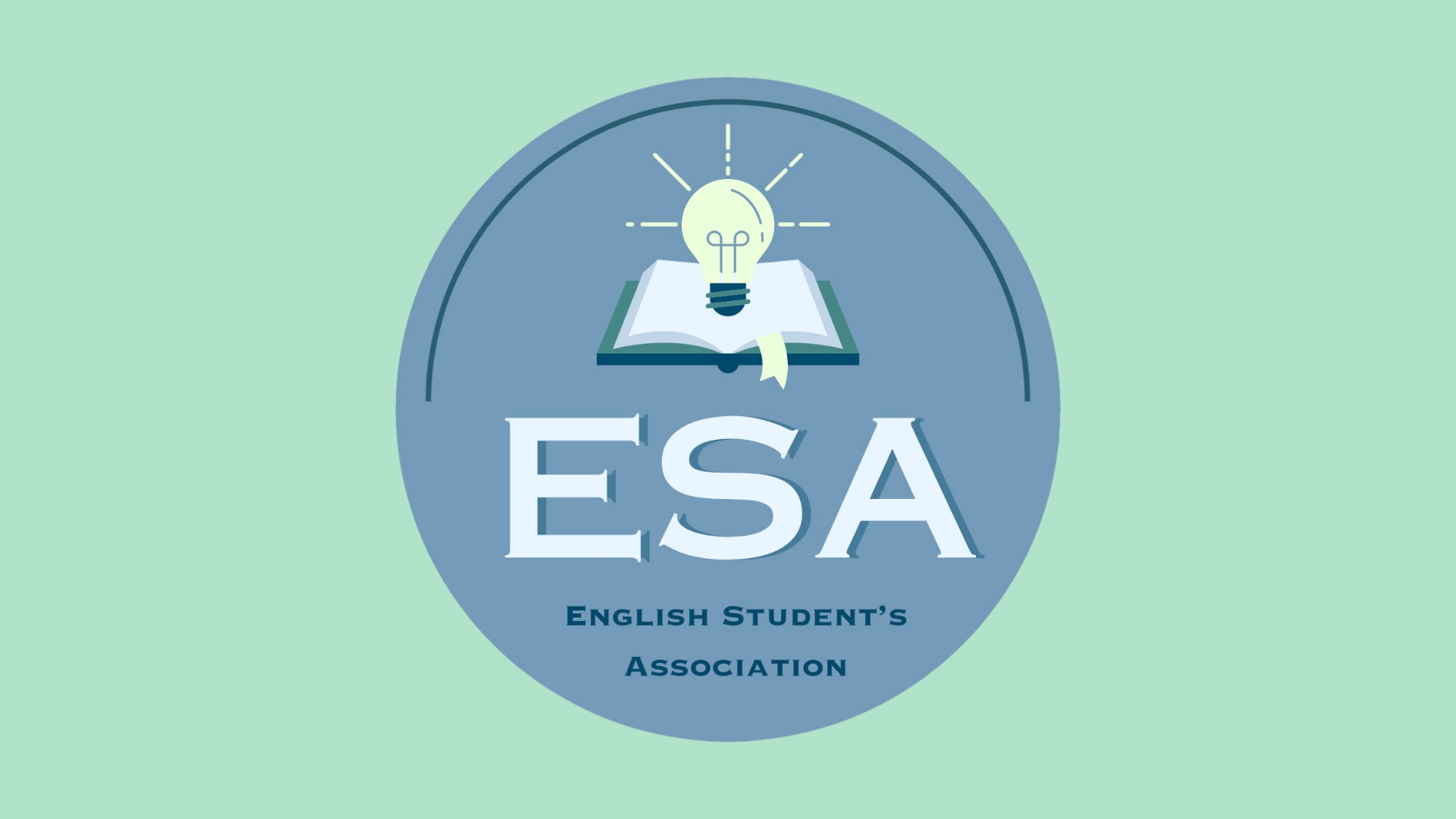

For many of us, the idea of literature inevitably conjures up Shakespeare and lines of poetry written centuries ago. While the Bard’s body of work provides a great place to start, our understanding of what literature is continues to expand as new forms of media become available to writers, creators, and audiences alike.
The UBC Department of English Language & Literatures is home to brilliant professors who specialize in texts of all kinds, offering expertise across a wide range of time periods, geographies, and genres. Meet Dr. Adam Frank, who loves television, criticism, and the unpredictability of the present moment, though not necessarily in that order. How does one go about carving out a career watching and writing about TV, anyway? Read on to find out.
What is your area of specialization, and when did you know academia was for you?
Initially it was 19th-century US literature, but has expanded to include 20th-century US literature, media, and poetics. I also often work with theories of affect/emotion in my research.
During my BA (my degree was in Linguistics), I was introduced to semiotics and other theoretical approaches to literature, culture and media. I had always been interested in television (well, more like an obsession). I wanted to understand where that medium came from and how it could have become so much a part of the perceptual lives of those of us who grew up in the second half of the 20th-century. It made sense at that time to pursue graduate studies in American literature: the Big Tent of English was very accommodating and the combination of theory and history appealed to me. And the environment of the university is a good place to ask and try to answer basic questions.
What does it mean to you to study literature?
The category of English literature has never been primary for me. It’s criticism that has been more relevant, from my perspective. But it’s been in relation to the specific object of literature that good criticism emerged and evolved, historically. Literature is good to think with, as they say, and I like to teach literature because that’s where it’s been possible to think about political, historical, theoretical, and aesthetic concerns, all at the same time.
What do you like about teaching UBC students?
I like the surprise of teaching. Something unpredictable almost always comes up in the classroom, and that’s because students are individuals all participating in the present moment. There’s no escaping the present moment, and there’s nothing like the classroom to force you to orient to that moment.
Which courses do you teach?
These days I teach ENGL 247 Television Studies, ENGL 332 Approaches to Media History, ENGL 380 Theory: Meaning and Interpretation, as well as graduate seminars in American literature, theory, and STS (science and technology studies). I have also taught majors and honours seminars on modernist theatre, photography, and sound/radio studies.
What can students expect from your classes?
A mix of lecture and discussion. I like to introduce basic parameters and central ideas in lecture format, then emphasize dialogue and engage students in back-and-forth conversation. I aim for a mix of structure and openness.
What advice would you give your first-year and graduating undergrad self?
Entering university: I’m glad I followed my interests and made sure to stay connected to those interests as they evolved. Find teachers who will give you the ideas you need, even if you don’t know what those ideas are yet.
Exiting university: Don’t be afraid to get information about your options from lots of different people who do different things!
If you weren’t a professor, what would you do with your life?
Television writer, radio producer, playwright, or something along those lines – that is, if any institutions other than the university would have had me!


